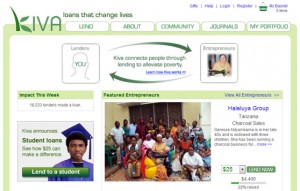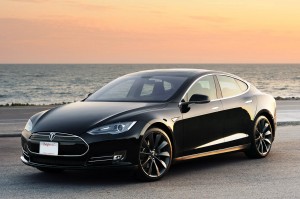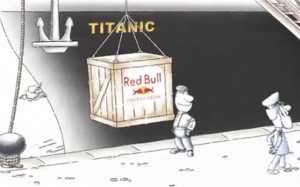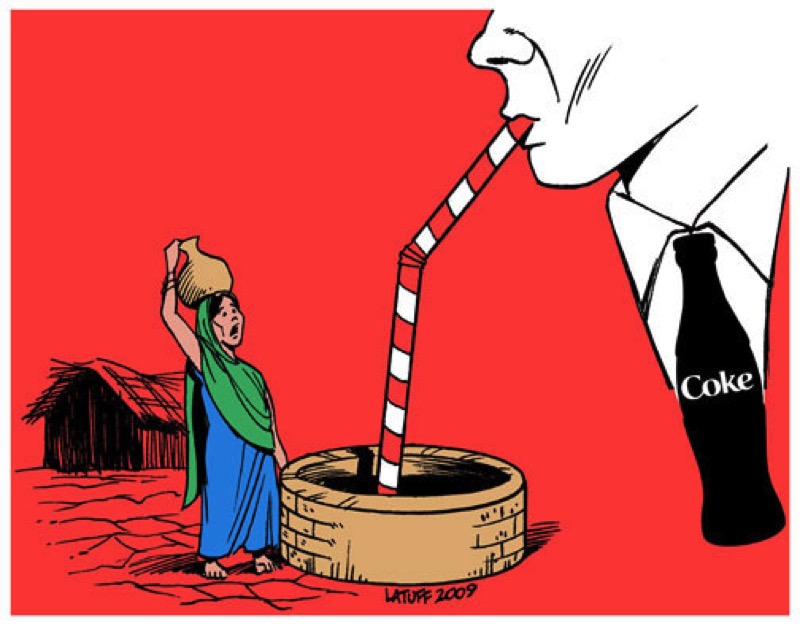In business, there are many ways to motivate an employee. You can give them incentives such as vacation time, bonuses and raises for doing better work; threaten to fire them; and encourage them. For athletes, victory is the only thing that will make them work harder. The UBC Football team is not overfunded – it is fair to for UBC to offer them scholarships, free flights, free jerseys, and free hotels. After all, when American colleges use the same formula, the results can be staggering – The Texas Longhorns football team brought $165,691,486 in revenue to the university last year according to USA Today.
I am not trying to say that UBC’s football team has the potential to earn similar numbers but it makes sense what UBC is trying to do. When they say that the football team is “Most Ready To Excel”, what they really mean is “Most Ready To Earn UBC Money”. Football i
s a spectator sport and it makes sense that they want to invest in it and try to increase ticket sales. As a member of the rowing team I know that I work just as hard as the football players and it is not fair that I can’t get the scholarships that they get. It is unfair that I had to pay over $400 for rowing clothing when they get all of theirs for free and it is unfair that I had to sit in a bus for twelve hours when I could have gotten to a race in one hour on a plane. But at the end of the day, I am not upset. People don’t watch rowing and UBC won’t make any money off of my performance, and making money is what UBC really cares about most.
Sources:
https://blogs.ubc.ca/gregorallan/2014/11/09/motivating-a-t-bird/
http://www.usatoday.com/sports/college/schools/finances/
http://news.ubc.ca/2014/02/28/sport-review/
http://ubcrowing.ca/images/headers_and_logos/results_header.png (Image)
 elieve that loaning money to people and allowing them to work is much more valuable than simply giving food or water to them. You can give a man a fish and feed him for a day or teach him to fish and feed him for a lifetime. Social enterprises like Kiva allow people to improve their life and accomplish their dreams, while the UN should only need to help people who cannot survive without intervention.
elieve that loaning money to people and allowing them to work is much more valuable than simply giving food or water to them. You can give a man a fish and feed him for a day or teach him to fish and feed him for a lifetime. Social enterprises like Kiva allow people to improve their life and accomplish their dreams, while the UN should only need to help people who cannot survive without intervention. It will take more than sharing his patents for sustainable energy to replace gasoline as the standard in cars. Instead, Musk needs to bring Tesla into the average home. The average family cannot afford the Model S, which starts at $70,000. If Musk wants to be serious about getting big car manufacturers to focus on electricity, he needs to expand to more than 1% of the market by producing a car for $20,000. He needs to take enough business from the big companies that they feel they cannot compete without more electric cars.
It will take more than sharing his patents for sustainable energy to replace gasoline as the standard in cars. Instead, Musk needs to bring Tesla into the average home. The average family cannot afford the Model S, which starts at $70,000. If Musk wants to be serious about getting big car manufacturers to focus on electricity, he needs to expand to more than 1% of the market by producing a car for $20,000. He needs to take enough business from the big companies that they feel they cannot compete without more electric cars. e drop in price is only a temporary setback. The only lasting result of the temporary low price will be the savings made by cutting unnecessary costs. Companies are now “watching [their] balance sheet[s] like a hawk,” as Paul Rollinson, Chief Executive of Kinross Gold Corp., said in an interview. When gold inevitably returns to its normal price, mining companies will be making more profit than ever before as their costs will be at an all-time low.
e drop in price is only a temporary setback. The only lasting result of the temporary low price will be the savings made by cutting unnecessary costs. Companies are now “watching [their] balance sheet[s] like a hawk,” as Paul Rollinson, Chief Executive of Kinross Gold Corp., said in an interview. When gold inevitably returns to its normal price, mining companies will be making more profit than ever before as their costs will be at an all-time low. Red Bull is known for its aggressive marketing strategies, but it crossed the line when it aired a commercial disrespecting the Titanic’s
Red Bull is known for its aggressive marketing strategies, but it crossed the line when it aired a commercial disrespecting the Titanic’s were not ensuring that the law was enforced – she was often reprimanded for scrutinizing firms’ questionable actions. The reason for her superiors’ reluctance to question banking policy is that many banking regulators go on to work for the same firms they regulate after their tenure with the Federal Reserve ends. They are concerned that banks will not hire them if they hand out penalties.
were not ensuring that the law was enforced – she was often reprimanded for scrutinizing firms’ questionable actions. The reason for her superiors’ reluctance to question banking policy is that many banking regulators go on to work for the same firms they regulate after their tenure with the Federal Reserve ends. They are concerned that banks will not hire them if they hand out penalties. . It is important for companies to be conscious of how their actions could affect Aboriginal communities and to take precautions to ensure that negative impacts on First Nations peoples are minimized. With native interests in mind, Taseko Mines has made every reasonable effort to protect Aboriginal land near their planned Fish Lake gold and copper mine. However, none of their actions are good enough for the
. It is important for companies to be conscious of how their actions could affect Aboriginal communities and to take precautions to ensure that negative impacts on First Nations peoples are minimized. With native interests in mind, Taseko Mines has made every reasonable effort to protect Aboriginal land near their planned Fish Lake gold and copper mine. However, none of their actions are good enough for the  d to return to the Cleveland Cavaliers. While having one of the best athletes on the planet will help the team, the most significant impact of his return may not be his play on the basketball court, but the economic benefits that Cleveland will see from increased ticket sales. According to LeRoy Brooks, LeBron will bring $500 million to the city. At first glance, that seems like a lot of money, but, in reality, the only major benefit LeBron will bring to his hometown will be a reason to cheer when the Cavs take to the court. Although businesses will make more money, it will not be the optimistic half-billion Brooks anticipates, because the people who will spend money on Cavs tickets would have spent their money elsewhere. More realistic estimates hover at about $50 million, 10% of Brooks’s estimate. Either way, there will be no major influence on the economy as a whole. The city has a $112 billion dollar economy, so even if LeBron’s return ends up being worth $500 million, it would be worth less than a 0.5% change. Even though LeBron James will impact the Cleveland’s performance on the court, his influence ends there.
d to return to the Cleveland Cavaliers. While having one of the best athletes on the planet will help the team, the most significant impact of his return may not be his play on the basketball court, but the economic benefits that Cleveland will see from increased ticket sales. According to LeRoy Brooks, LeBron will bring $500 million to the city. At first glance, that seems like a lot of money, but, in reality, the only major benefit LeBron will bring to his hometown will be a reason to cheer when the Cavs take to the court. Although businesses will make more money, it will not be the optimistic half-billion Brooks anticipates, because the people who will spend money on Cavs tickets would have spent their money elsewhere. More realistic estimates hover at about $50 million, 10% of Brooks’s estimate. Either way, there will be no major influence on the economy as a whole. The city has a $112 billion dollar economy, so even if LeBron’s return ends up being worth $500 million, it would be worth less than a 0.5% change. Even though LeBron James will impact the Cleveland’s performance on the court, his influence ends there. own when its population peaked at almost 200,000 people in the 1960s. Since then, the declining steel industry has caused the population to fall to under 80,000. The migration of 60% of its residents has resulted in a large number of abandoned houses and business. Since abandoned buildings ruin communities’ sense of togetherness and increase crime rates, the mayor of Gary, Karen Freeman-Wilson, has adopted a “Dollar Home” program that would allow people to buy abandoned houses for just $1. She hopes that people will be attracted to the low price and repair the buildings, eventually restoring Gary to its original state.
own when its population peaked at almost 200,000 people in the 1960s. Since then, the declining steel industry has caused the population to fall to under 80,000. The migration of 60% of its residents has resulted in a large number of abandoned houses and business. Since abandoned buildings ruin communities’ sense of togetherness and increase crime rates, the mayor of Gary, Karen Freeman-Wilson, has adopted a “Dollar Home” program that would allow people to buy abandoned houses for just $1. She hopes that people will be attracted to the low price and repair the buildings, eventually restoring Gary to its original state.